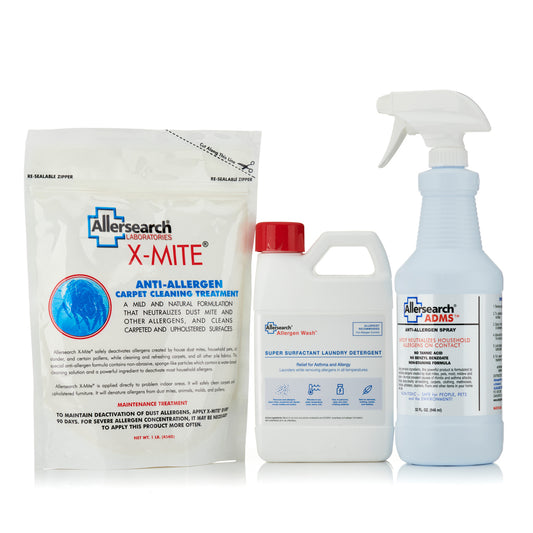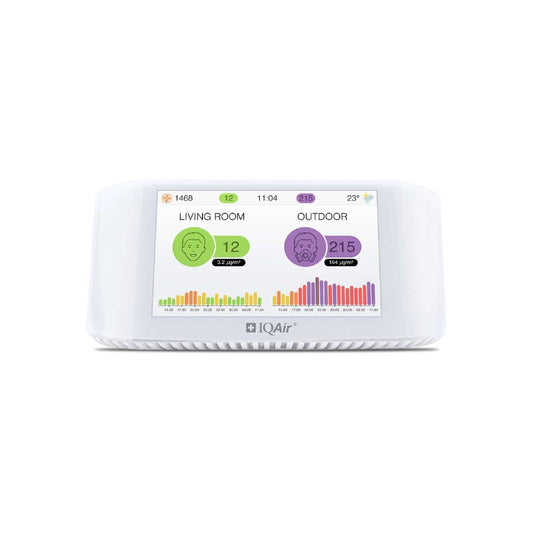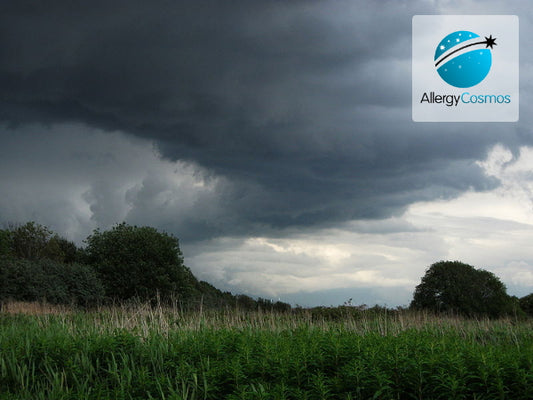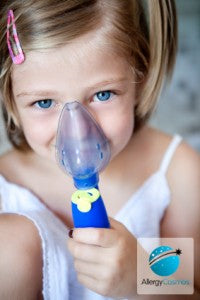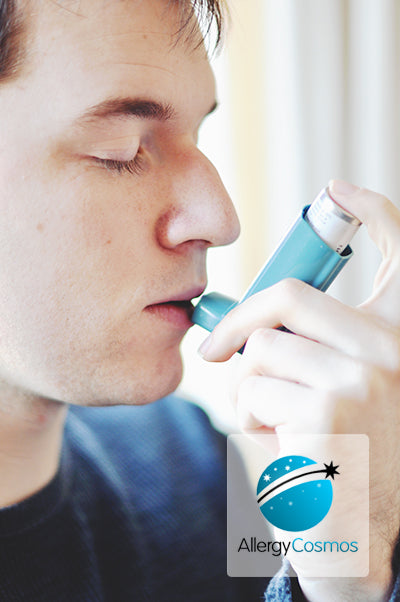
Asthma Attacks
An asthma attack occurs as a result of bronchospasm, where there is a sudden tightening up of the muscles that surround the airways in the lungs. The result is the typical symptoms of an attack which include:
- Wheezing
- Coughing
- Breathlessness
- Soreness and tightness in the chest
- Vomiting, especially in children
Frequently Asked Questions
What is Bronchospasm?
What can trigger an asthma attack?
What to do when experiencing an asthma attack
Related Products
-
IQAir HealthPro 250 Air Purifier
Regular price £1,049.00Regular priceUnit price per -
Allergy & Asthma Free Home Package
Regular price £65.95Regular priceUnit price per -
IQAir AirVisual Pro Air Quality Monitor
Regular price £274.00Regular priceUnit price per -
IQAir Atem Desk
Regular price £399.00Regular priceUnit price per


